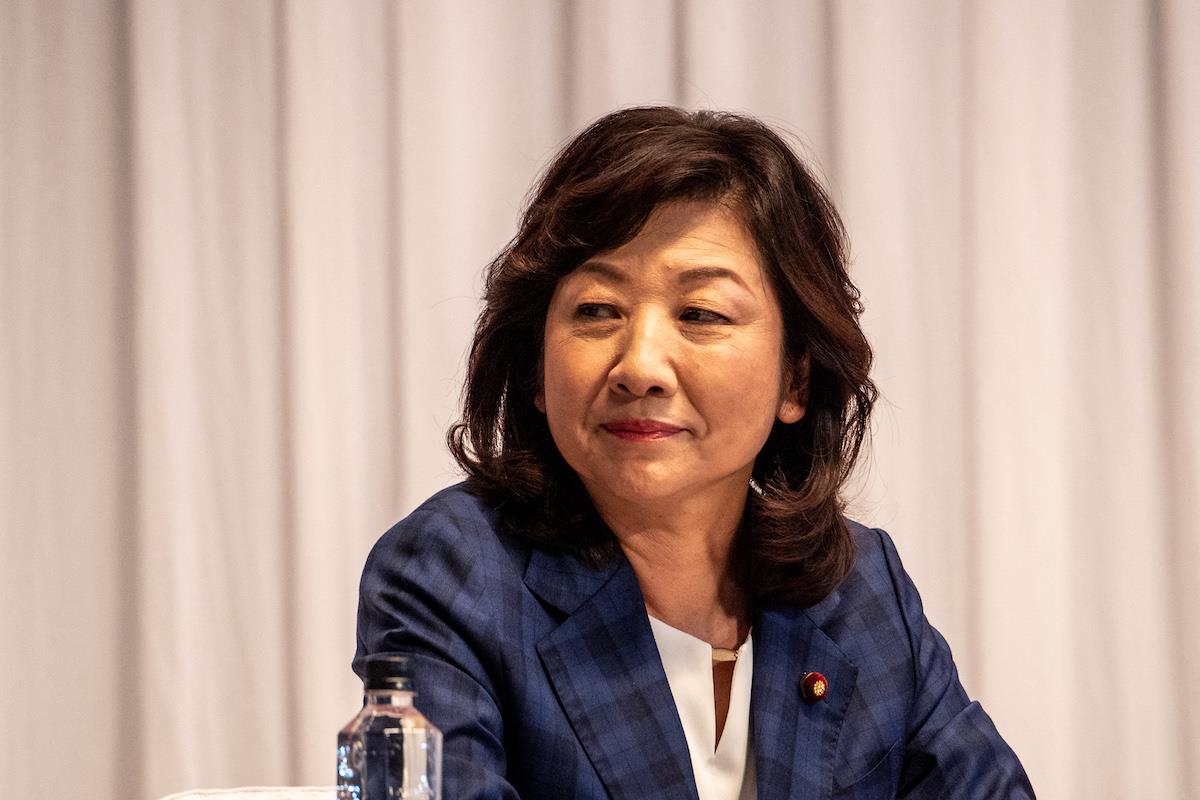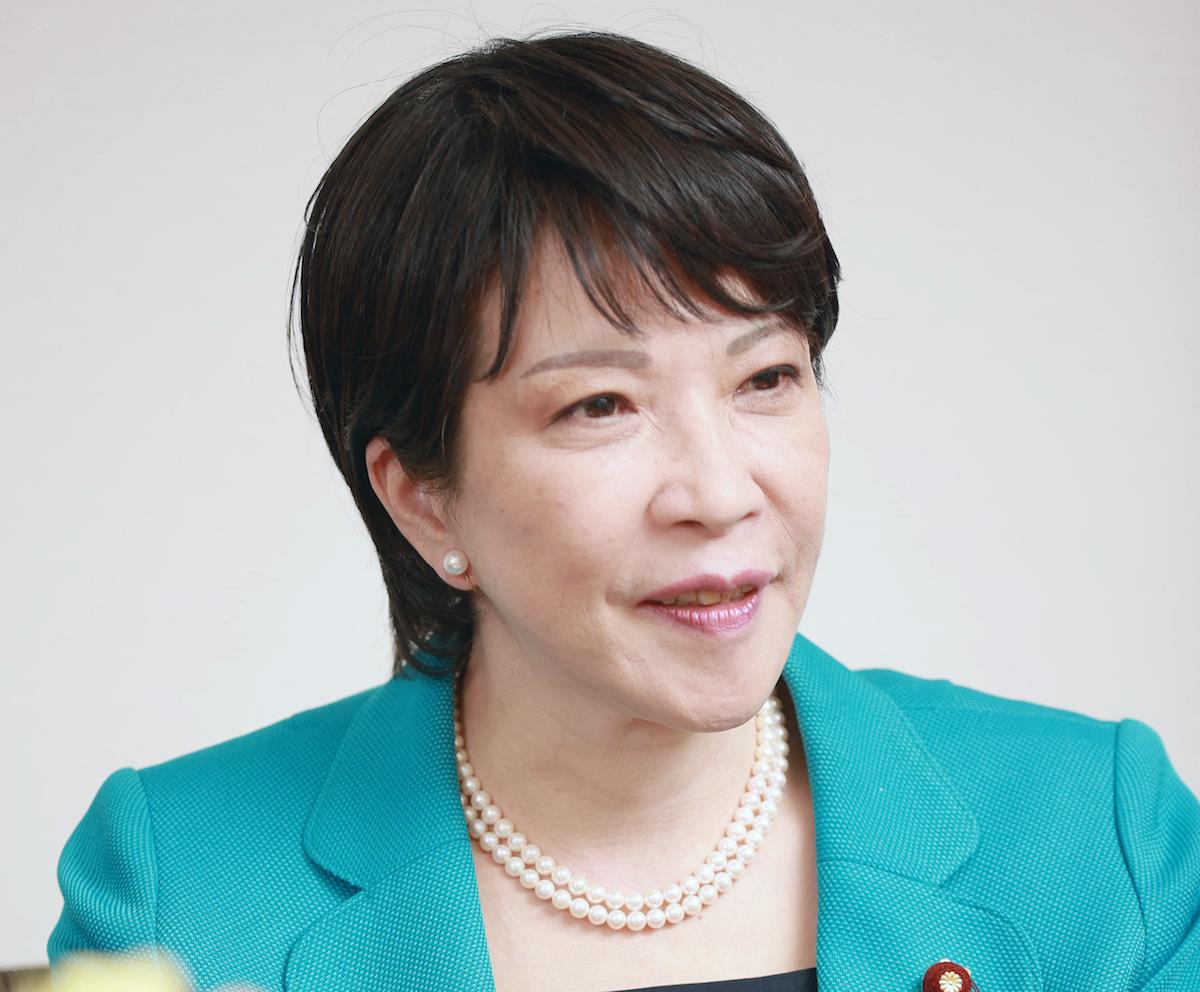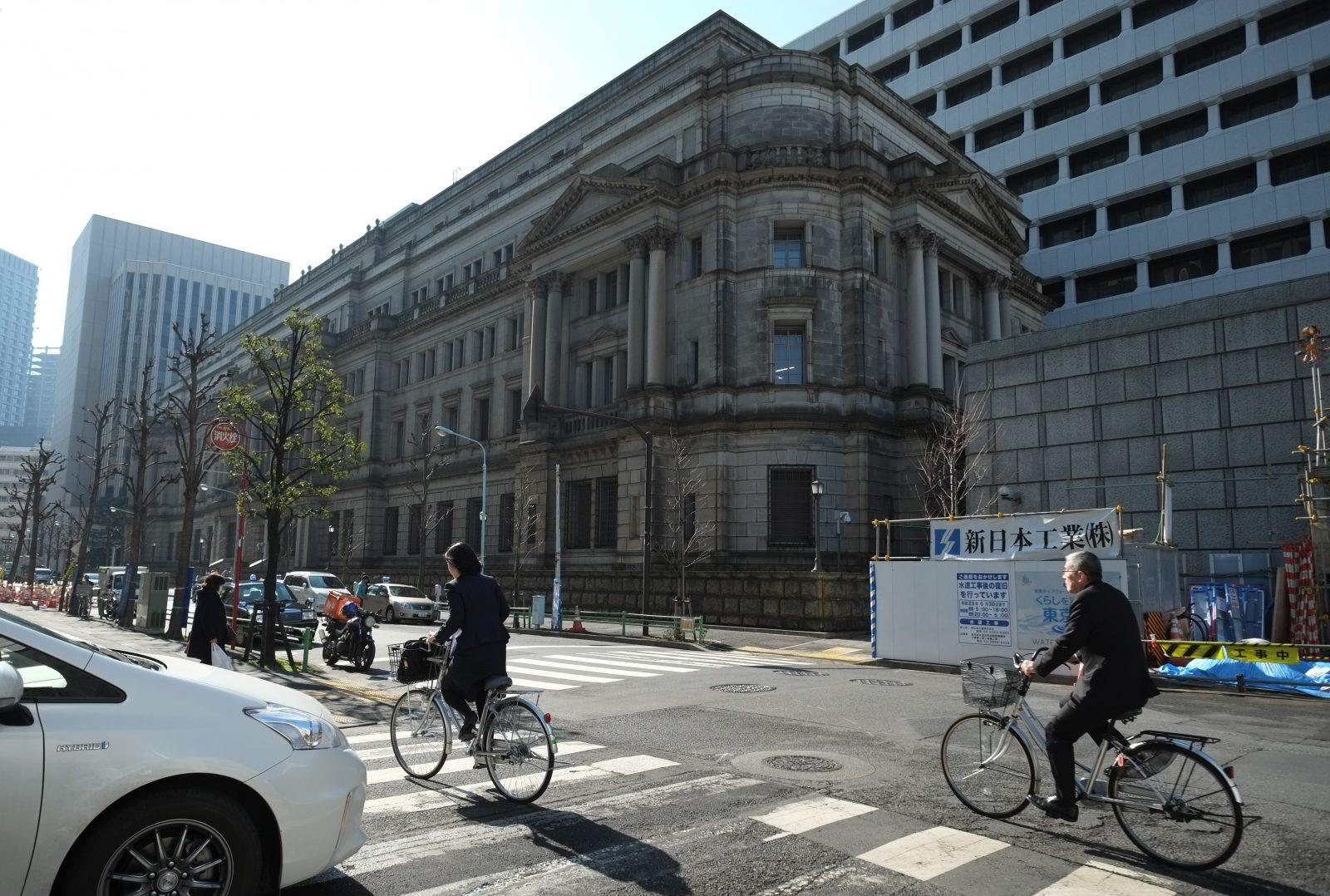(MENAFN- Asia Times) TOKYO – The Nikkei 225 Average surging to 30-year highs adds an unpredictable element to the ruling party's election in Tokyo.
The rally reflects optimism about a Japanese contest that starts Wednesday. Namely, that the next prime minister will be more concerned with reforms than the outgoing Yoshihide Suga.
The year-old Suga government was focused elsewhere, leaving investors hungry for moves to boost competitiveness in an economy watching China increase market share.
Unfortunately, little in the rhetoric from the four main candidates suggests policy shifts sizable or creative enough to justify this Nikkei surge. Will investors be left with buyer's remorse?
Atsuto Sawakami, a legendary figure in Japanese equity circles, warns ultraloose Bank of Japan liquidity has investors running far ahead of steps to raise the nation's economic game.
“The collapse of the bubble is just a matter of time,” says the founder of Sawakami Asset Management.“The time to act is now. Get as far away as possible from this growing, epic bubble.”
Part of Sawakami's disillusionment stems from the dearth of new economic ideas ahead of Wednesday's Liberal Democratic Party election. LDP members will choose a party president , who will in turn likely replace Suga as prime minister in a general election expected to be held in November.

Taro Kono is one of the leading prospects in the election. Photo: AFP / Ryotaro Kono / The Yomiuri Shimbun
Currently, Taro Kono and Fumio Kishida are leading the pack. Kono is Suga's vaccine czar and a former minister of foreign affairs and defense. Kishida, a major party faction leader, is also a former foreign minister.
Both men have talked vaguely about reinvigorating the reform process started under Suga's predecessor Shinzo Abe in 2012. Abe came to power promising a supply-side Big Bang. His strategy aimed to loosen labor markets, cut bureaucracy, incentivize a startup boom, rekindle innovation and empower women. Mostly, though, Abe leaned on the BOJ to add more monetary stimulus.
Even in 2012, Abe's plan lacked audacity. It was never particularly new or imaginative, merely a list of things Japan should've done 10 years earlier to keep pace with China's rapid rise. Nine years on, the strategy needs to be updated and broadened to awaken Japan's animal spirits.
A case in point is Abe never bothered to add a renewable-energy component. And though Suga has since pledged to achieve carbon neutrality by 2050 , concrete ideas to get there are very few and far between.
That also goes for the two female front runners. One is Sanae Takaichi, a former internal affairs minister. The other is Seiko Noda, also a former internal affairs minister. Both are vying to become Japan's first female premier.

Candidate for the presidential election of the ruling Liberal Democratic Party Seiko Noda, a former internal affairs minister. Photo: AFP / Philip Fong
A female leader could be just what Japan needs in the Covid-19 age. From Germany to Taiwan to New Zealand, women-led governments ran circles around the patriarchy with pandemic responses. Under both Abe and Suga, by contrast, Tokyo prioritized the economy over public health.
Of the two women candidates, Noda is the more reform-minded. A political trailblazer, Noda in 1998 became Japan's youngest postwar cabinet member, then in her mid-30s. She handled a variety of portfolios — from overseeing the postal system to telecommunications to science and technology to gender equality.
Noda, too, has been a consistent voice calling for greater gender parity as a means of hastening Japanese growth and incomes. All available research, as Noda has long argued, suggests countries that best utilize their female workforce are the most productive and innovative.
Goldman Sachs, for example, argues that Japan's annual gross domestic product would get a 15% boost if the female labor participation rate – now about 70% – approached the roughly 85% rate for men. Abe highlighted this potential back in 2012, pledging to create an economic playing field on which women could“shine.”
Instead, Abe used the gender issue as a shiny object of sorts. Despite his“woke” rhetoric, Tokyo's ranking in World Economic Forum's gender equality index fell 19 places to 120th – from 101st in 2012 – on Abe's watch.
This puts Japan behind Angola, Guinea and Sri Lanka. It also puts Japan far behind the next worst Group of Seven nation – Italy, in 63rd place .
A female leader could alter Tokyo's priorities once and for all, says Nobuko Kobayashi, a partner at EY-Parthenon, the strategic consulting arm of EY Strategy and Transactions.“It's very hard to snap out of it,” she says.“So, we need some kind of a shock to the system.”

Former Internal Affairs and Communications Minister Sanae Takaichi. Photo: AFP / Shuhei Yokoyama / The Yomiuri Shimbun
Less clear is whether a Takaichi-led government would advance the plight of fully half of Japan's 126 million people. Takaichi, for example, is staunchly against mothers and fathers having different surnames, the most basic of issues for women's rights advocates .
Economist Noriko Hama at Doshisha University Business School says a Takaichi premiership“would be the worst possible thing that could happen” for Japanese women.
A Takaichi government also might be the worst thing that could happen from China's standpoint, too. More than any of the four LDP frontrunners, she's taking Beijing to task – particularly on President Xi Jinping's Taiwan policies .
She enraged Xi's inner circle recently by holding an online meeting with Taiwanese President Tsai Ing-Wen. Takaichi says she's willing to deploy US intermediate-range missiles on Japanese soil.
Taiwan, of course, is a proxy for the LDP's most conservative flank to poke China. It's a game Abe and many predecessors played. It's grown riskier, though, now that Xi's economy is by far Japan's biggest trading partner. The strategy's re-emergence – and now – could augur poorly for investors rushing into Nikkei stocks.
It may suggest the LDP will ratchet up external tensions to distract from the absence of new domestic policies. Any increase in Japan-China trade flows could spell new troubles for global supply chains already in disarray.
That could be true, too, of Kono- or Kishida-led governments. Taiwan-related rhetoric is turning up more and more, as is talk of Tokyo ramping up defense spending to keep pace with Beijing's own military ambitions.
Until recently, Kono had the momentum going into Wednesday's vote. Kishida is closing the gap, increasing the odds that after an initial vote the LDP might hold a second“run-off” poll among party members. In the second round, local LDP chapters will get a smaller share of the voting, which many believe will advantage Kishida.
One thing's for sure, says Ron Milner, president of financial services portal GoBoodle.com :“The samurai swords are out.”
Japan strategist Nicholas Smith at CLSA Securities says there's a“numerical argument that Kishida will win the race to lead the ruling LDP and become Japan's next PM on Wednesday. It's not about bias or wishful thinking: it's about numbers.”
And that might disappoint some Nikkei stock bulls.“Foreigners appear to be fans of Kono,” Smith says.“His loss might drive weakness,” Smith notes, in investment themes in areas like“clean energy” that Kono had staked out as clear priorities.
The other problem, too, is that the Nikkei may already be out well ahead of its skis. The reform trade that many punters are pursuing may soon run into the reality of a ruling party more interested in same-old-same-old fiscal and monetary stimulus than remaking an aging and rigid economy.

Cyclists ride past the Bank of Japan headquarters in Tokyo. Photo: AFP / Kazuhiro Nogi
Last week, Kono called on the BOJ to mind exchange rates, an LDP obsession for decades.“If market trust over Japan's finances is lost, that could trigger a yen fall,” Kono said.“If yen falls proceed, import costs would rise and cause inflation.”
As such, he added,“we must ensure this doesn't happen via sound macro-prudence policy. The government and the Bank of Japan need to coordinate on economic and financial policy on this front.”
Takaichi says that as prime minister, she would craft a“bold, significant-sized fiscal stimulus” funded by a supplementary budget passed through parliament this year. Neither this approach, nor those heard from Kono or Kishida, suggest big structural reforms are in Japan's near future.
Or, for that matter, bigger gains in a Japanese stock market that has already booked more good news than it's likely to see from Japan's next government.
MENAFN28092021000159011032ID1102876448